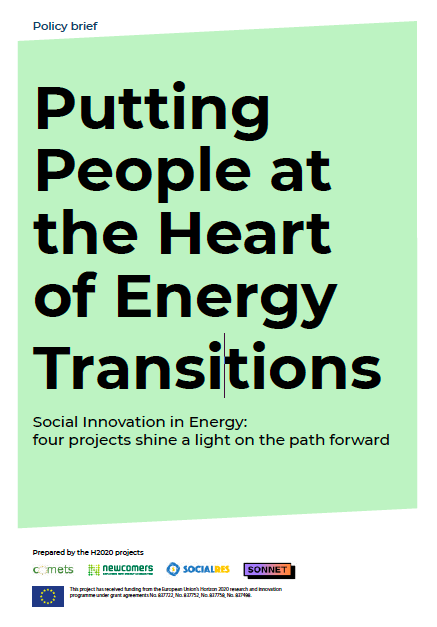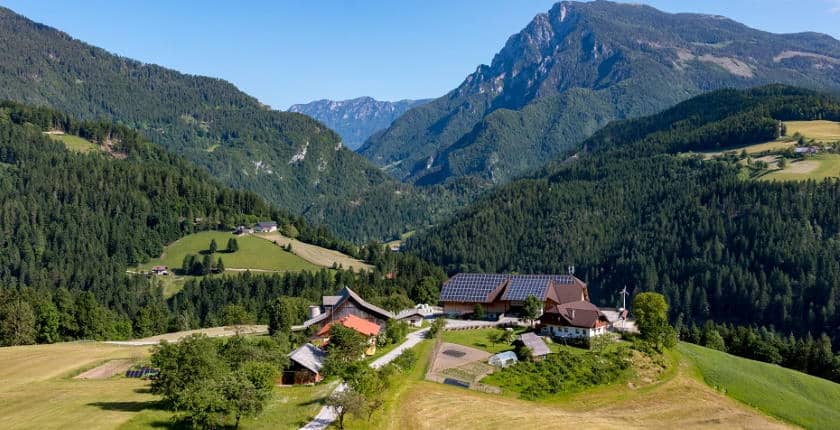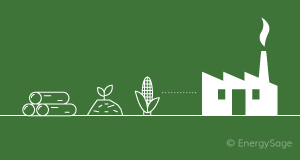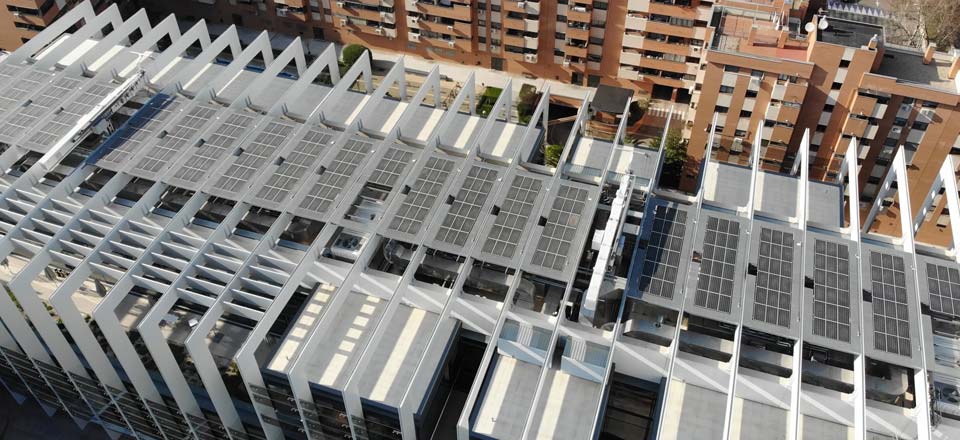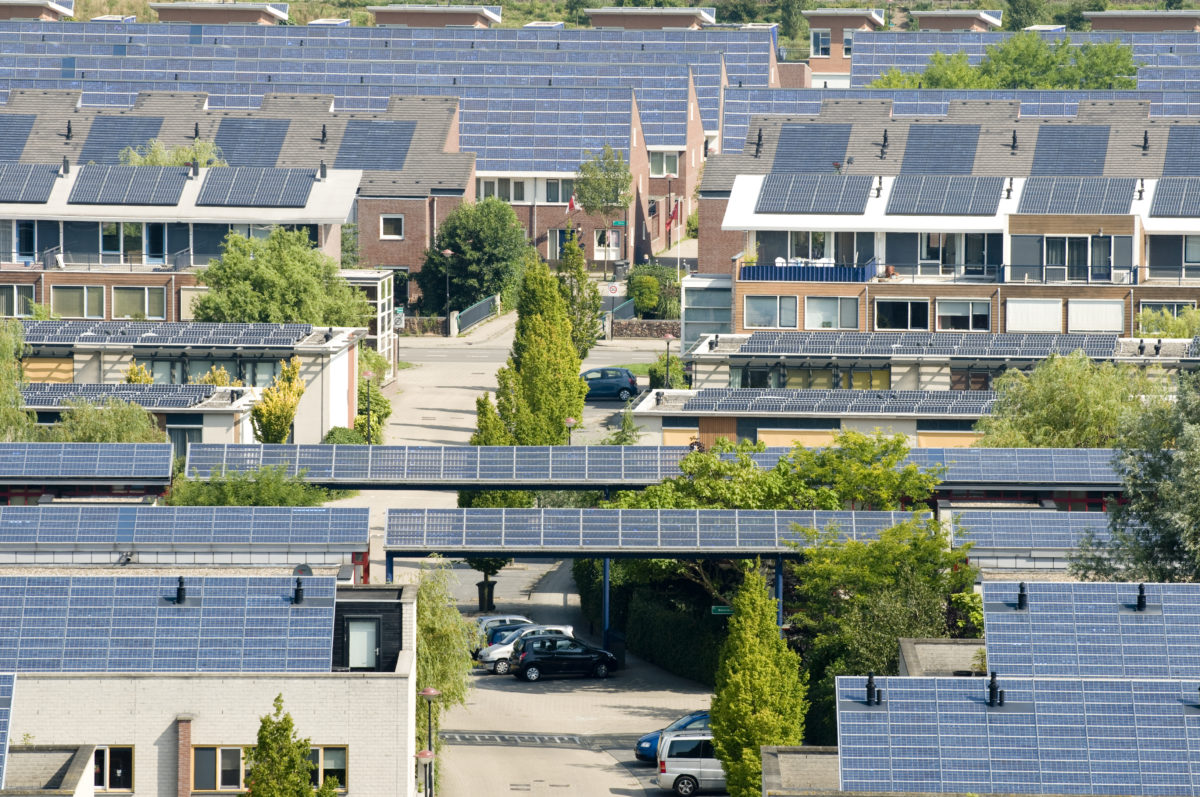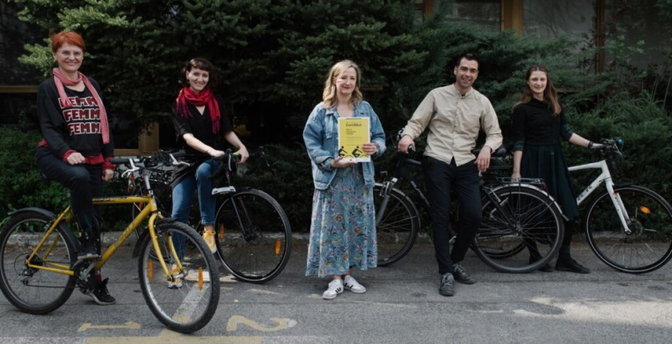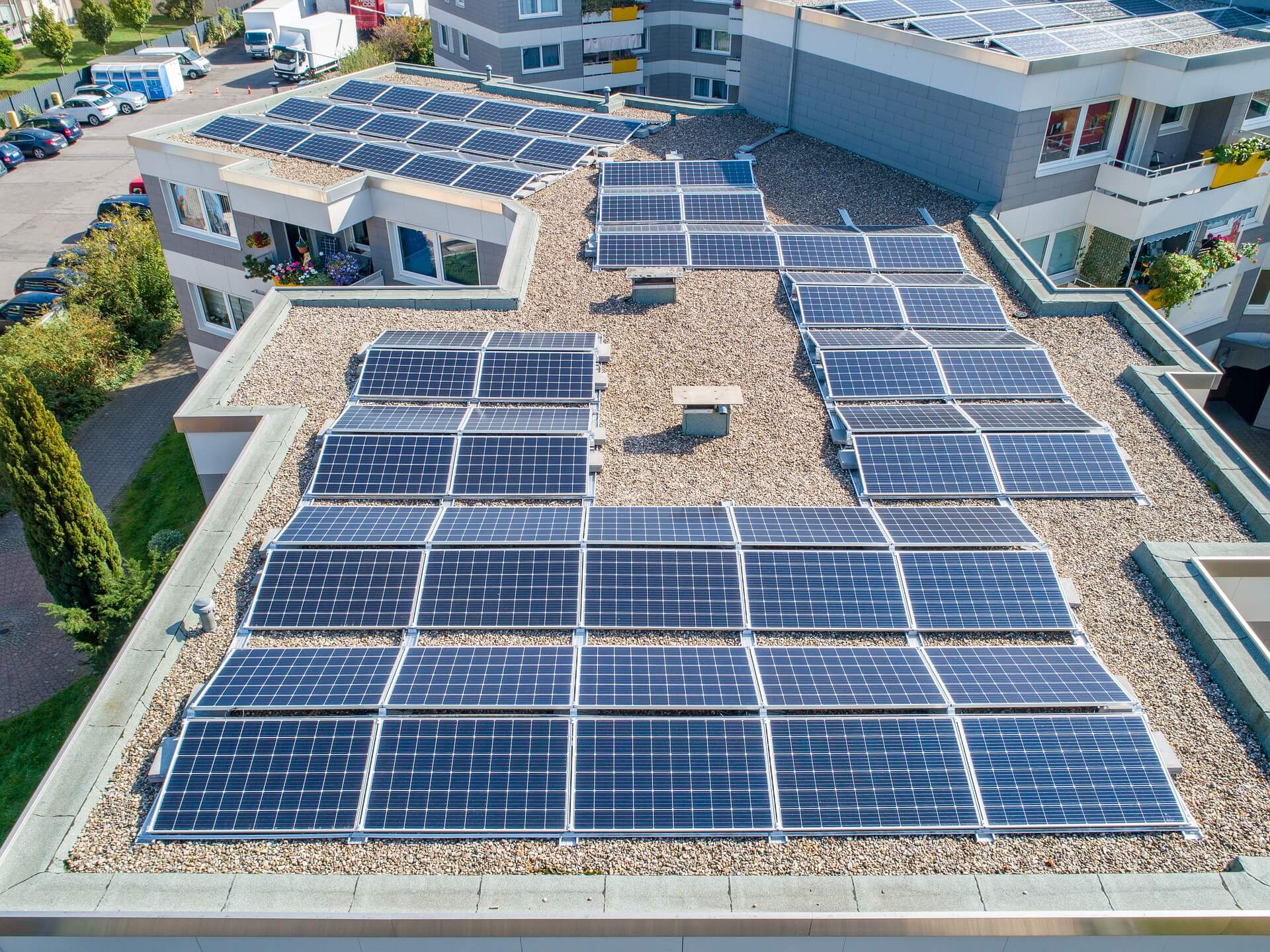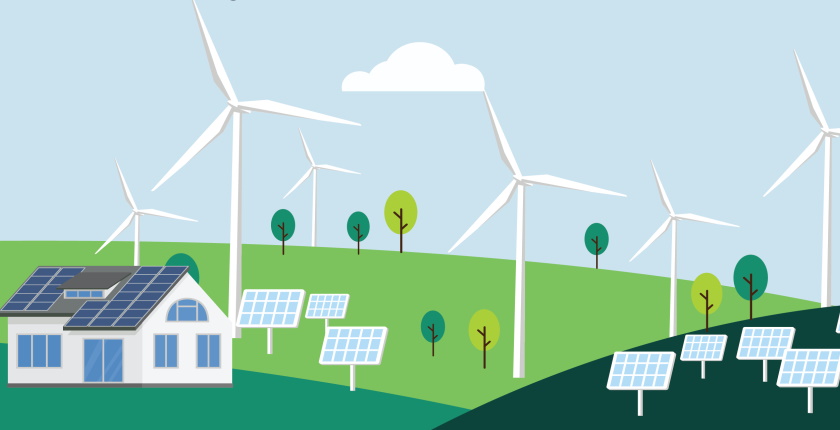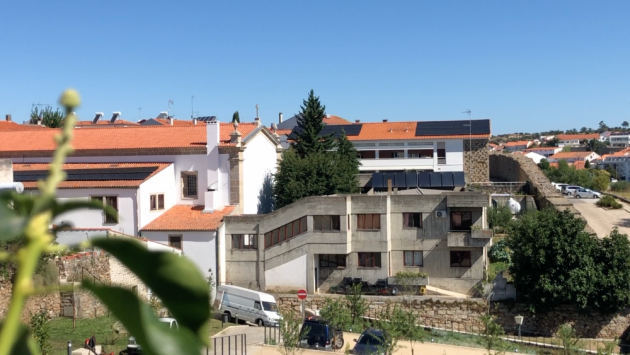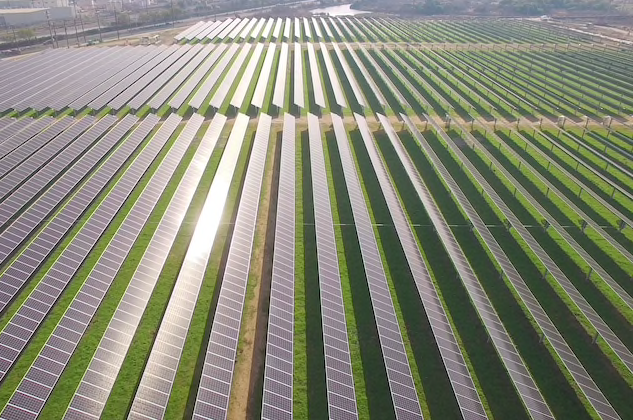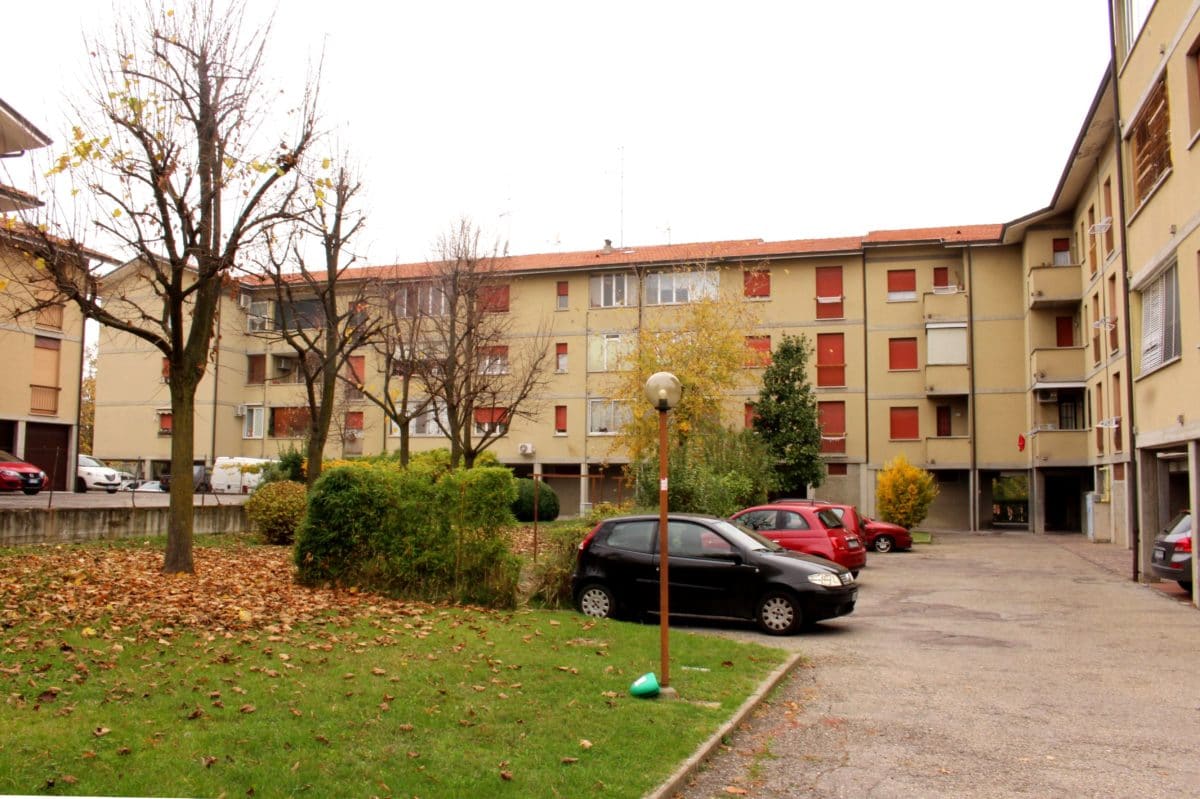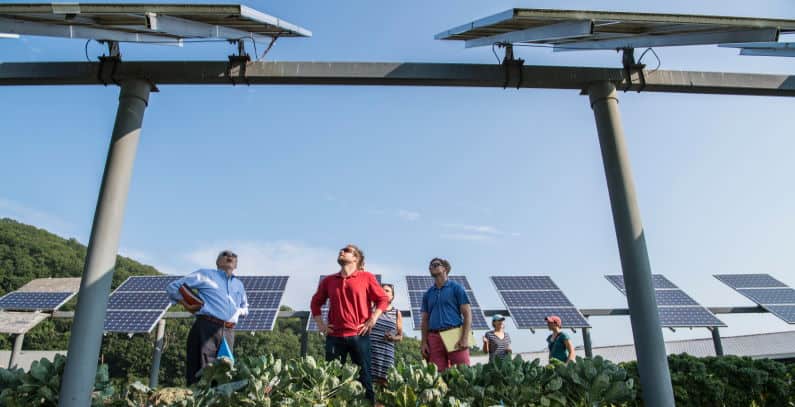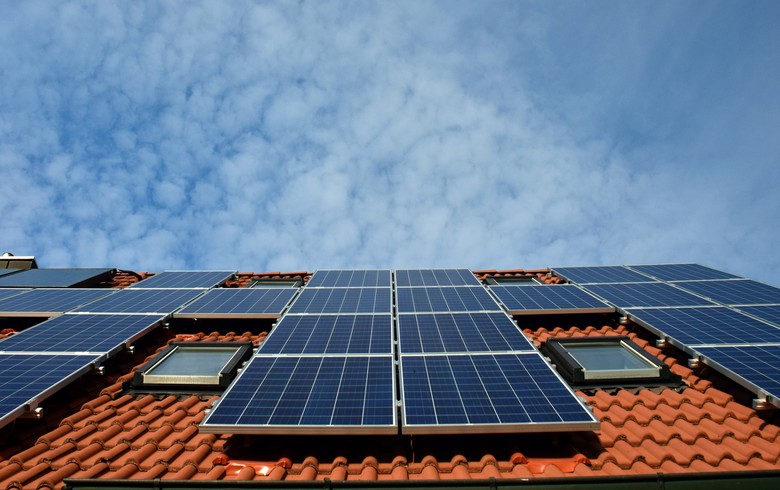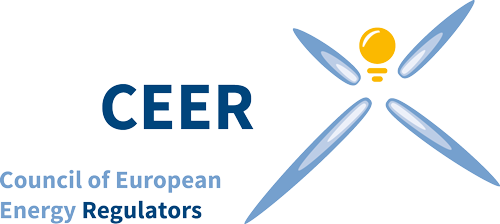How policies can put people at the heart of energy transitions: a Policy Brief
April 2022
COMETS and three of its sister projects are proud to present a Joint Policy Brief on how policy makers can better put people at the heart of energy transitions.
This Policy Brief draws on concrete research that looks across governance levels – with citizen survey, experiences from local governments, case studies at the country level, and EU-level policy research.
EXPERT TALK: Collective Action Inititatives in Energy: A means to unlock citizen engagement in the energy transition?
February 2021
In order to make the energy transition a success, we have to be able to count on citizen engagement. This has proven to be a challenge in the past. Collective Action Initiatives could be a solution. In this Expert Talk, we explore the concept and ask ourselves whether CAIs could be an ideal tool to engage citizens in the story of the energy transition. By COMETS Partner, EnergyVille.
Image: EnergyVille
Slovenia eases procedure for establishment of energy communities
December 2020
After the existing regulation was proved to have shortcomings, the Government of Slovenia amended the relevant decree to promote communities that jointly install facilities for the production of energy from renewable sources. The first such cooperative was established in the Luče municipality.
Image: Petrol/balkangreenenergynews
A People-Powered Energy System: Activating the Community Energy Market for Bioenergy
December 2020
Community bioenergy schemes can play a catalytic role in the market uptake of bioenergy heating technologies, yet their deployment nowadays remains significantly slow. While there are numerous energy cooperatives established across Europe, their vast majority focuses on exploiting solar and wind energy with biomass-based communities accounting for only a minor share of existing RESCoops.
Image: EnergySage
Transforming homes into power stations - how Sweden is disrupting energy production
September 2020
54% of Sweden’s power comes from renewables and this energy is increasingly local. Smart grids are switching Swedish homes from energy consumers to power-making ‘prosumers.’ Local ‘district heating’ plants use excess heat to warm the majority of Swedish homes.
Image: Unsplash/weforum.org
Spanish oil giant pushing community solar
May 2020
Through its Solmatch initiative, Spanish fossil fuel company Repsol says it wants to help urban energy communities spread in its homeland. The oil and gas business plans to pay for the installation of rooftop solar panels which can then provide clean energy to energy communities.
Image: Repsol/pv-magazine
Energy community provisions for Italy
March 2020
New measures introduced by the government allow households, businesses and public entities to produce and trade clean electricity in low-voltage grids. The new framework is open to power projects with a generation capacity no larger than 200 kW.
Image: Eneco Group/Flickr
Italian region devotes €22 million to ‘energy communities’
February 2022
The Department of Environment, Energy and Sustainable Development of Lombardy –Italy's wealthiest, most dynamic region – will allocate €22 million ($25.1 million) to support energy communities until the end of 2024.
The regional government hopes to use the funds to build up to 6,000 “energy communities,” for a total installed capacity of up to 1.3GW.
Image: Eneco Group/Flickr
Democratization of energy on rise in Croatia and Bosnia and Herzegovina
August 2021
The number of local energy communities is on the increase in Croatia as well as the number of citizens directly and actively involved in sustainable energy projects – more and more supported by the state within EU’s legal framework and common practice. Meanwhile, in Bosnia and Herzegovina, people from both entities and all cantons are fighting for protection of rivers and against state’s destructional strategy to promotes investments into small hidro power plants – which appear to be obsolete in this country rich in RES.
Image: ZEZ
COMETS National Research Teams launched!
January 2021
With the Kick-off meeting of the Belgian National Research Team on 14 January, the participitory activities with/for Collective Action Initiatives (CAIs) have begun. The National Research Teams in the other five countries are expected to start in the following weeks and will go through the Comparative Case Studies phase till the end of March 2021. Overall, 30 comparative case studies (5 for each of the COMETS countries) will be investigated. The goal is to develop a joint understanding about the development of these CAIs together with external stakeholders and experts.
Italy awards tariff of €0.11/kWh for shared electricity in energy communities
November 2020
Image: Naturalflow/Flickr
Should consumers lead the global energy transition?
August 2020
The answer is: Yes. How much more power could the consumer have? What would they do with that power? And what is their role in the global energy transition? Kelvin Ross asks players in the energy sector.
Lithuania Approves Plan To Promote More Renewable Energy Communities
May 2020
The Lithuanian government has recently approved new legislation based on proposals by the Ministry of Energy that will encourage the establishment of renewable energy communities where people and businesses generate their own electricity and share it with each other. Producers of renewable energy will be allowed to sell energy between themselves and to end users, according to the government.
February 2022
As for renewables, three contracting parties – Albania, Moldova and Montenegro – have overachieved their national 2020 targets under the 2009 Renewables Directive, while the remaining ones came close, the Energy Community Secretariat noted.
August 2021
The new Renewable Energy Directive (RED II) in Europe establishes a target of 32% renewable energy by 2030, and calls for citizens to help develop renewable energy. As part of that directive, the European Union enables renewable energy communities and self-consumption of renewable energy.
April 2020
Frustrated by slow uptake of renewable power sources, some communities are taking their power needs into their own hands.
April 2020
An energy community in northern Italy will integrate a PV installation with a storage system to power 48 households of a social housing project and a fleet of rented electric vehicles. It is a collective effort that could be replicable as soon as 2023.
October 2020
July 2020
Agricultural cooperative Agrinio Union said works are underway on a group of photovoltaic facilities developed by the local energy community it established. Five hundred Greek families are jointly building solar power plants of 100 MW in total and the model has been incorporated in the national legal framework for future investments in the country.
March 2020
June 2019
CEER has published a Report on Regulatory Aspects of Self-Consumption and Energy Communities. Following the formal recognition of active consumers and the introduction of Citizen Energy Communities (CECs) and Renewable Energy Communities (RECs) in the Clean Energy Package (CEP), CEER sought to analyse the regulatory implications of these new actors.
For general information about COMETS: info@comets-project.eu
For specific details coordinator@comets-project.eu


